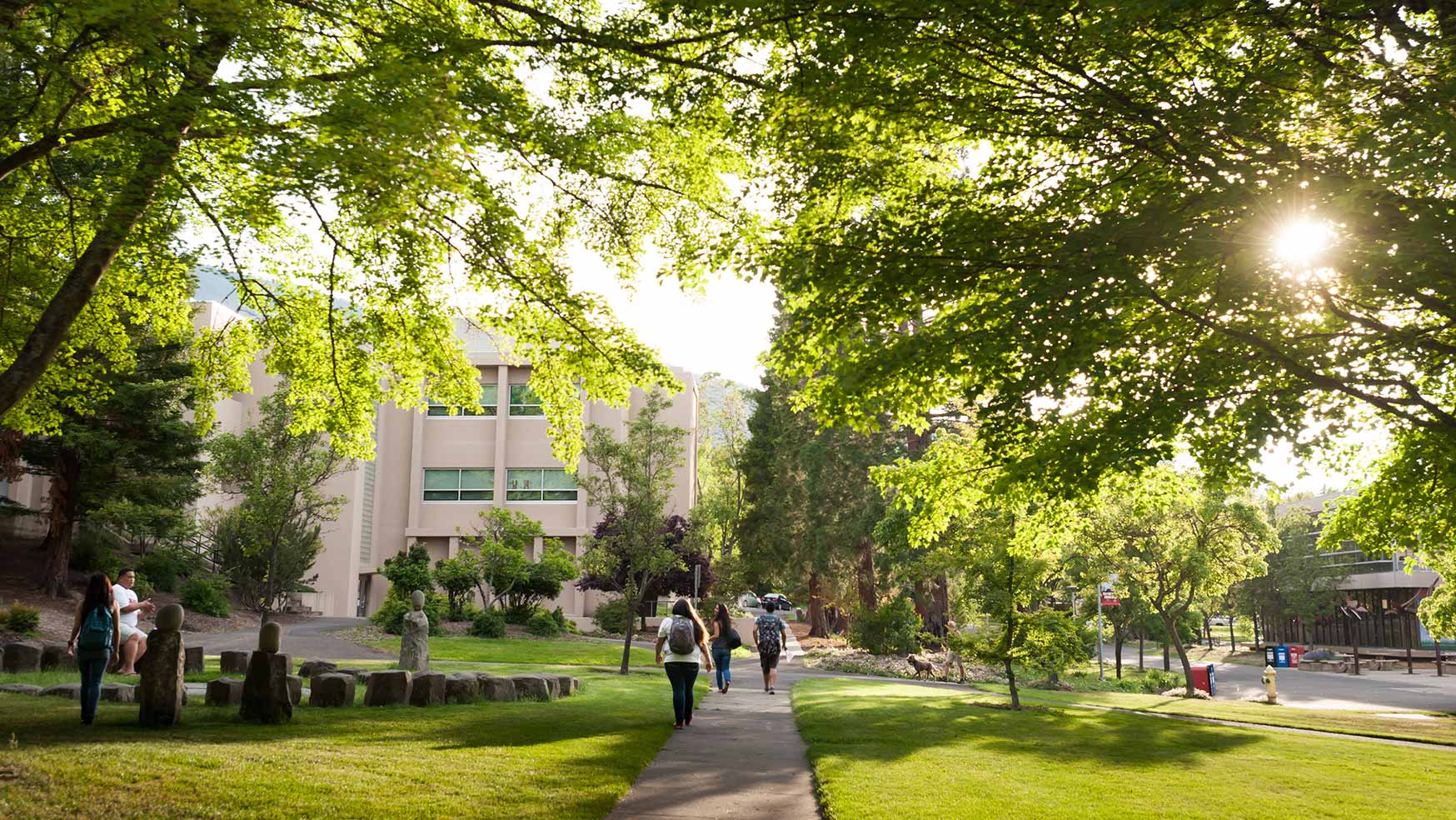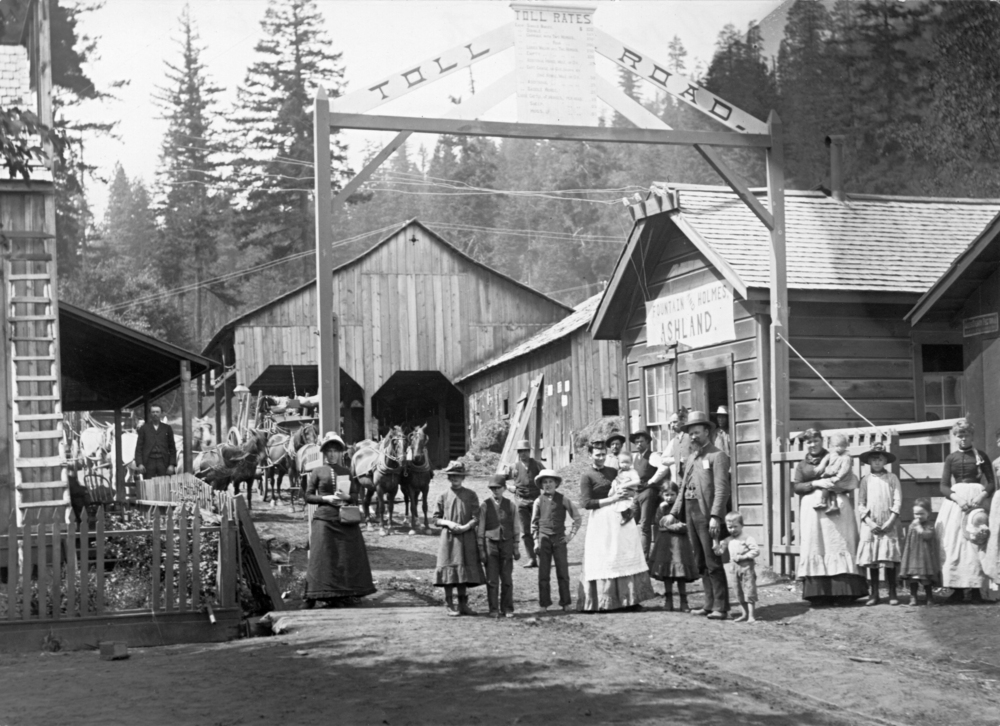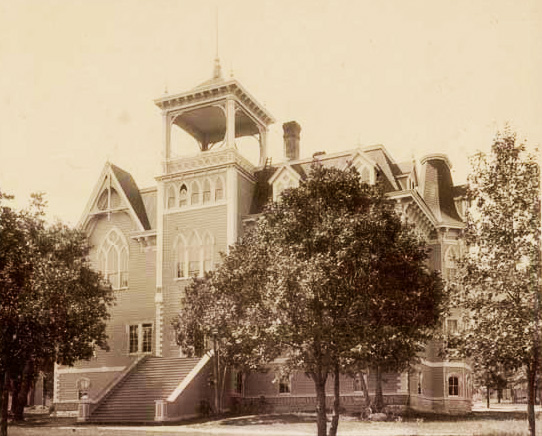Leonard W. Levy, who completed his professional career at Southern Oregon University, was a prolific student of American legal and constitutional history. He wrote or edited over forty books, including Origins of the Fifth Amendment: The Right Against Self-Incrimination, for which he received the 1969 Pulitzer Prize in history.
Levy was born in Toronto, Canada, and naturalized as a United States citizen. He was attending the University of Michigan when he joined the U.S. Army during World War II. After the war, he received B.S., M.A., and Ph.D. degrees (1951) from Columbia University. From 1951 to 1970, he taught legal and constitutional history at Brandeis University, where he held the Earl Warren professorship of American Constitutional History (1958-1970), was dean of the Graduate School of Arts and Sciences (1957-1963), and served as dean of the faculty of arts and sciences (1963-1966). In 1970, he joined the faculty of Claremont Graduate University as the William W. Clary Professor of History. In 1974, he was named the Andrew Mellon All-Claremont Professor of the Humanities.
His original research works include The Law of the Commonwealth and Chief Justice Shaw (1957); Legacy of Suppression: Freedom of Speech and Press in Early America (1960); Against the Law: The Nixon Court and Criminal Justice (1974); and The Establishment Clause: Religion and the First Amendment (1989). Levy twice received the Dartmouth Award for reference works for his six-volume Encyclopedia of the American Constitution (1987) and his four-volume Encyclopedia of the American Presidency (1995). He was also the editor-in-chief of The American Heritage Series: A Documentary History of the United States (sixty volumes) and The Harper Documentary History of Western Civilization (forty volumes).
In his work, Levy rejected the theory of strict originalism and argued that the framers of the federal Constitution intentionally left important questions open for interpretation by subsequent generations. His rigorous scholarship on the Bill of Rights was often cited by the U.S. Supreme Court.
Levy also served on the U.S. Commission on the American Revolution Bicentennial and the Institute for Early American History and Culture. He was named a fellow of the American Bar Foundation, the National Endowment for the Humanities, and the Harvard University Center for the Study of Liberty.
In 1990, Levy retired and moved to Ashland, where Southern Oregon University (SOU) named him to its faculty as a distinguished scholar. He offered public lectures on constitutional issues in Ashland and wrote opinion pieces for local newspapers. In 2001, he donated his library of over 8,000 books to the university, a collection that librarian Mary Jane Cedar Face characterized as “one of the outstanding collections of constitutional law and history in the Northwest.” Levy died in Ashland in 2006.
-
![]()
Southern Oregon University.
Courtesy Southern Oregon University
-
![]()
Southern Oregon University.
Courtesy Southern Oregon University
Related Entries
-
![Ashland]()
Ashland
Ashland, a city of 21,360 people in Jackson County, is situated in the …
-
![Southern Oregon University]()
Southern Oregon University
The origins of Southern Oregon University, situated on a leafy hillside…
Map This on the Oregon History WayFinder
The Oregon History Wayfinder is an interactive map that identifies significant places, people, and events in Oregon history.
Further Reading
Levy, Leonard. Original Intent and the Founders’ Constitution. New York: Macmillan, 1988.
Levy, Leonard. Origins of the Fifth Amendment: The Right Against Self-Incrimination. New York: Oxford University Press, 1968.







